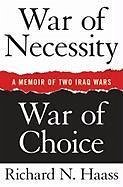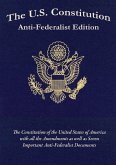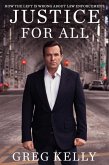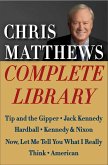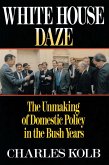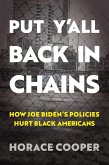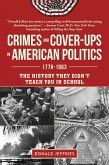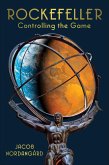It is arguably the most important foreign policy question facing any president, and Richard Haass -- a member of the National Security Council staff for the first President Bush and the director of policy planning in the State Department for Bush II -- is in a unique position to address it. Haass is one of just a handful of individuals -- along with Colin Powell, Dick Cheney, Paul Wolfowitz, and Bob Gates -- involved at a senior level of U.S. government decision making during both Iraq conflicts. He is the first to take us behind closed doors and the first to provide a personal account. The result is a book that is authoritative, revealing, and surprising. Haass explains not only what happened but why.
At first blush, the two Iraq wars appear similar. Both involved a President George Bush and the United States in conflicts with Saddam Hussein and Iraq. There, however, the resemblance ends. Haass contrasts the decisions that shaped the conduct of the two wars and makes a crucial distinction between the 1991 and 2003 conflicts. The first Iraq war, following Saddam Hussein's invasion of neighboring Kuwait, was a war of necessity. It was limited in ambition, well executed, and carried out with unprecedented international support.
By contrast, the second Iraq war was one of choice, the most significant discretionary war undertaken by the United States since Vietnam. Haass argues that it was unwarranted, as the United States had other viable policy options. Making matters worse was the fact that this ambitious undertaking was poorly implemented and fought with considerably more international opposition than backing.
These are the principal conclusions of this compelling, honest, and challenging book by one of this country's most respected voices on foreign policy. Haass's assessments are critical yet fair -- and carry tremendous weight. He offers a thoughtful examination of the means and ends of U.S. foreign policy: how it should be made, what it should seek to accomplish, and how it should be pursued.
War of Necessity, War of Choice -- part history, part memoir -- provides invaluable insight into some of the most important recent events in the world. It also provides a much-needed compass for how the United States can apply the lessons learned from the two Iraq wars so that it is better positioned to put into practice what worked and to avoid repeating what so clearly did not.
Dieser Download kann aus rechtlichen Gründen nur mit Rechnungsadresse in A, B, BG, CZ, D, DK, EW, E, FIN, F, GR, HR, H, I, LT, L, LR, NL, PL, P, R, S, SLO, SK ausgeliefert werden.

